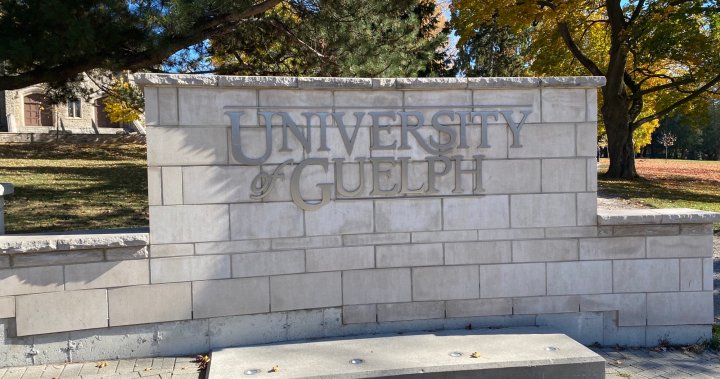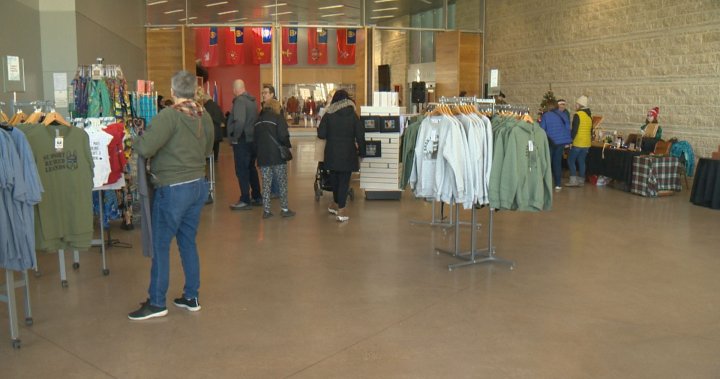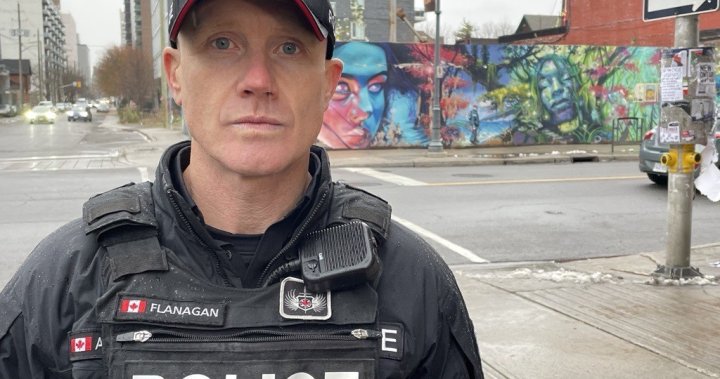A B.C. man won’t have to share his $2 million lottery prize, after a B.C. court rejected his coworkers’ claim the payout was a part of their lottery pool.
In a ruling published on Friday, B.C. Supreme Court Justice Y. Liliane Bantourakis concluded that while Mandeep Singh Maan did participate in lottery pools in 2021 and 2022, there was no evidence the winning BC/49 ticket was purchased with group money.
“Winning the lottery should be a happy event. In this case, sadly, it has ruined relationships,” Bantourakis wrote.
According to the ruling, Mann’s coworkers at a freight and warehousing company claimed they regularly pooled $50 twice a week to buy lottery tickets. Maan, meanwhile, maintained the group only pooled cash for tickets occasionally, usually when there were high jackpots.
The coworkers alleged that between Aug. 12 and Aug. 15, 2022, the group had given Maan cash and a free play ticket from a previous buy, and agreed he’d purchase the next tickets. Maan denied this at trial and claimed he’d bought the ticket with his own money.

Get daily National news
Get the day’s top news, political, economic, and current affairs headlines, delivered to your inbox once a day.
On Aug. 18, Maan discovered the ticket was a winner, but didn’t tell his coworkers. They discovered the win four days later, when the B.C. Lottery Corporation posted a photo of Maan holding the $2 million payout cheque.
In the days to come, the coworkers initially congratulated Maan, but later grew suspicious and claimed they should get a share of the winnings, according to the ruling. The group then filed a lawsuit in September.
In her ruling, Bantourakis highlighted discrepancies in the coworkers’ story about whether and when Maan was given group funds for the ticket, and found a lack of evidence about a consistent schedule or fixed contribution amount for past lottery ticket buys.
She ruled there was no evidence group money was used to buy the winning ticket, nor were the coworkers able to prove a binding agreement to pool lottery money regularly.
“While I accept that not every group lottery ticket purchase was documented, whether in text messages or photos, the record of photographs that does exist is more consistent with an ad hoc process in which the parties or some of them agreed on a case-by-case basis to buy lottery tickets together,” the judge ruled.
“It is likely, in my view, that the participants, amount contributed, and frequency of play could vary.”
Bantourakis also found the dollar value Maan charged to his debit card for the purchase, $10, was not consistent with the coworkers’ alleged regular $50 pool purchases.
“It is my impression that each of the plaintiffs came to Court with a sincerely held belief in their entitlement to a share of the winnings,” the judge ruled.
“Though the plaintiffs may feel that they have a moral entitlement to a share of the winnings, they have not established any legal entitlement.”
Despite the dispute, Maan is still working at the same company as his coworkers.
The B.C. Lottery Corporation says people who buy group tickets should have written rules and keep good records to prevent this type of dispute.
© 2025 Global News, a division of Corus Entertainment Inc.




